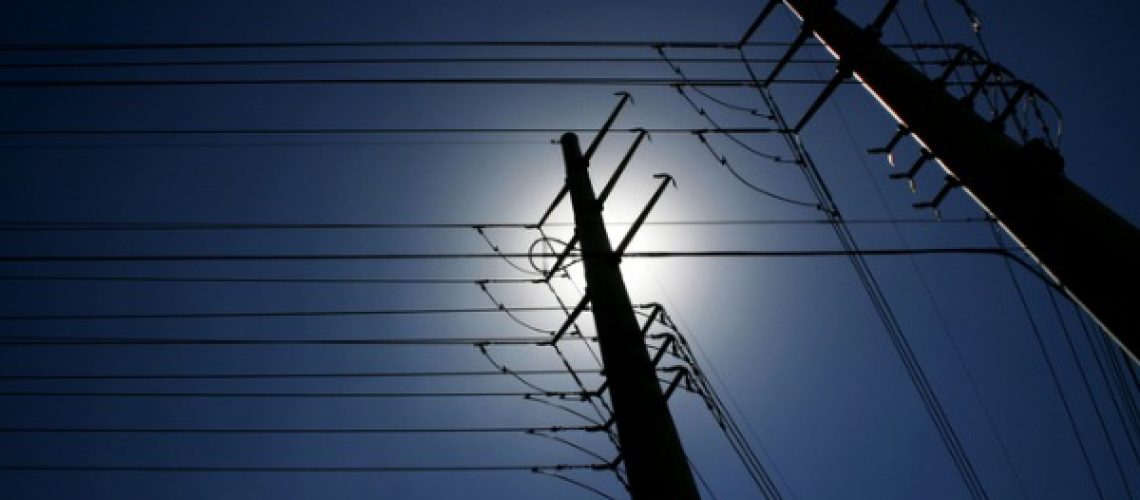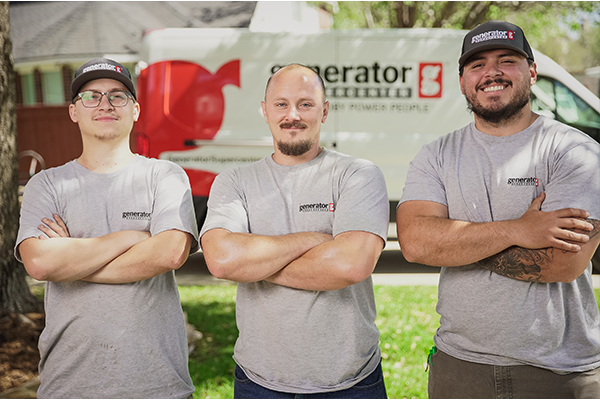Power outages can lead to disruptions and annoyances in homes and businesses across the country. They can happen in an instant, with no prior warning. But, have you ever wondered why power outages happen? In this short guide, we’ll explain all of the most common reasons you might suffer from a power outage on your property.
Damaged power lines
Power lines are the long cables that direct electricity to your home. Naturally, if these get damaged, you will end up with a power outage. One of the reasons power outages happen without warning is that so many things can cause a downed power line. A few common examples are:
- Bad weather
- Animals
- Fallen trees
- Vehicle collisions
While most of these things are impossible to predict, you can use the weather forecast to preempt a power outage. For instance, if thunderstorms are forecasted, you can predict that a power outage might be on the way – especially if it has happened before. Thus, you can get ready for this by dusting off your backup generator!
Transformer failure
The transformer is a vital component of the power grid. Effectively, it’s responsible for changing the voltage and currents along transmission lines. In a practical sense, one of the main goals is to transform the electrical current into one that can be used in the home. As a result, many transmission lines are connected to the transformer, going off into numerous properties.
Therefore, when there’s an issue with a transformer, all of the connected homes and businesses are affected. This can lead to huge blackouts affecting a wide area. The most common reason for a transformer failure is due to a lightning strike. However, faulty equipment or blown fuses can also cause this.
Substation issues
Substations also play a huge role in how the power grid works. In essence, a substation is tasked with a very important job: to transform voltage from high to low. This is also known as stepping down the voltage, and it’s because raw electrical energy is at far too high a voltage for homes and businesses. If you were to try and run this through your home, all the fuses would blow and nothing would work.
So, when a substation suffers issues, a large section of the local power grid will be affected. This is one of the least common reasons for power outages, and it’s usually caused by faulty equipment at the substation. Some criminals also attempt to attack the substations, so this will also lead to a substation issue that causes power outages.
Ultimately, these are the three main reasons power outages happen. An easy way to get your head around this topic is to think of the power grid as one large circuit. All three of these things are part of that circuit. Therefore, if one gets damaged in any way, the circuit breaks, so no power can run all the way through. As a result, power outages can last varying amounts of time depending on the severity of the issue.






